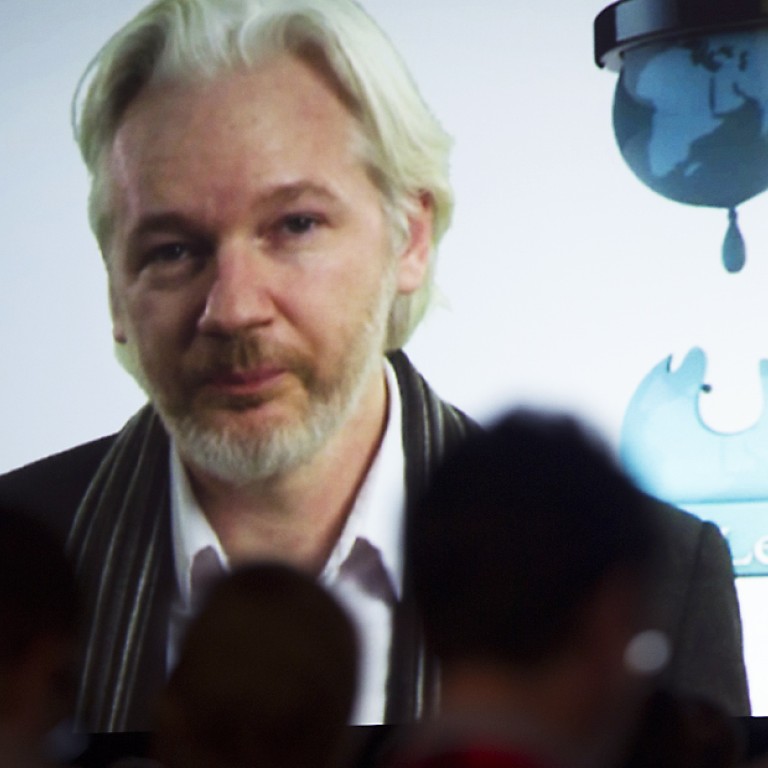
WikiLeaks vows to reveal second country where NSA is recording all mobile phone calls
WikiLeaks to name second country where the NSA is said to be recording the content of phone calls, despite warnings from Glenn Greenwald that this could “lead to deaths”
WikiLeaks has pledged to reveal the name of a second country that is having virtually all of its mobile phone calls recorded by the US National Security Agency, despite a warning that leaking the information could "lead to deaths".
The pledge came after The Intercept revealed that the Bahamas and one other country were having most of their mobile calls recorded and stored by a powerful NSA program called SOMALGET.
While the Bahamas was named, the identity of the mystery second country was kept hidden.
Greenwald, who first broke the Edward Snowden story to the world, had said on Twitter the decision not to reveal the name was made because "we were *very convinced this 1 would --> [lead to] deaths".

In addition to the revelations about the Bahamas and the mystery country, The Intercept said the NSA was using a separate program, MYSTIC, to scoop up metadata - raw data that does not include actual conversations - from phone calls in the Bahamas, Mexico, Kenya and the Philippines.
It is SOMALGET, however, that is sure to cause the biggest controversy, as actual conversations are stored for up to 30 days before the agency wipes them.
The Washington Post previously reported that although only a small fraction of calls are actually listened to by human analysts, millions of voice clips are still kept and sent to long-term storage.
Documents published on The Intercept website reveal the agency’s enthusiasm for SOMALGET, saying that it can “buffer full-take audio collection” as a means to “make possible remarkable new ways of performing both target development and target discovery”.
The use of SOMALGET in the Bahamas and the mystery country whose name is redacted, the document's authors claim, “has led to the discovery of international narcotics traffickers and special-interest alien smugglers”.
And in a worrying statement, the document goes on to recommend the use of the surveillance system in other locations. “With proper engineering and coordination there is little reason this capability cannot expand to other accesses," it states.
Watch: Glenn Greenwald spoke with The Post about Snowden saga in 2013
The NSA previously attempted to justify its “metadata” trawling as a means to identify threats to US national security such as terrorism. But the documents indicate that mobile network data can be used as a method of pursuing criminals in conjunction with the US Drug Enforcement Agency (DEA).
Whether WikiLeaks, established by editor-in-chief Julian Assange in 2006, is actually capable of supplying the name of the country remains to be seen.
WikiLeaks is not believed to have full access to Snowden’s leaked NSA documents.
The site's promise has generated heated discussion online as to the identity of the nation in question and the morality of revealing its identity if lives could indeed be at stake.
Publishing the identity of the second country may further undermine the NSA’s claim that it acts purely in America’s defence but, if fatalities do occur as Greenwald warned, WikiLeaks credibility as a responsible publisher of restricted information could be thrown into question.

